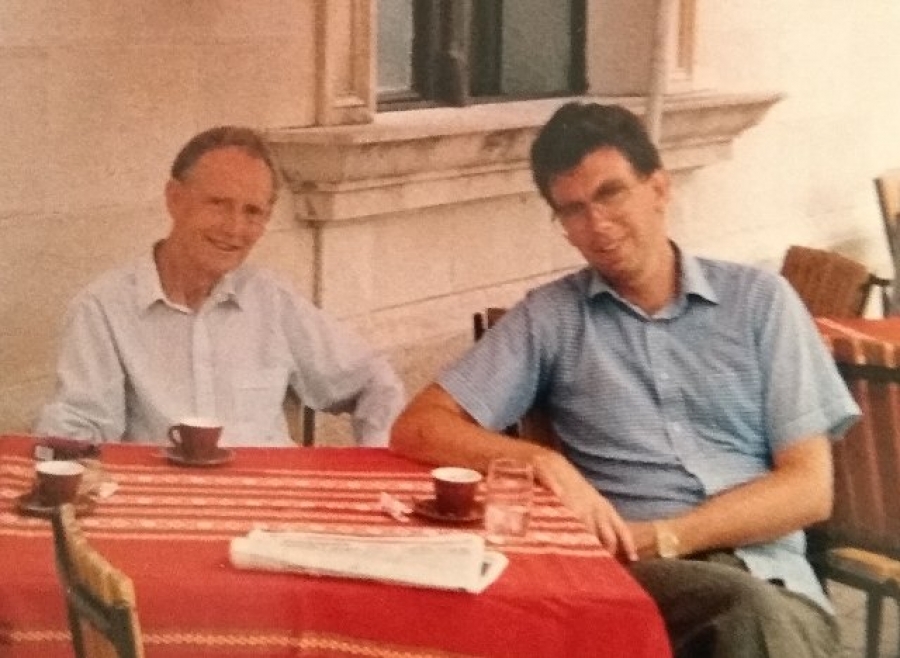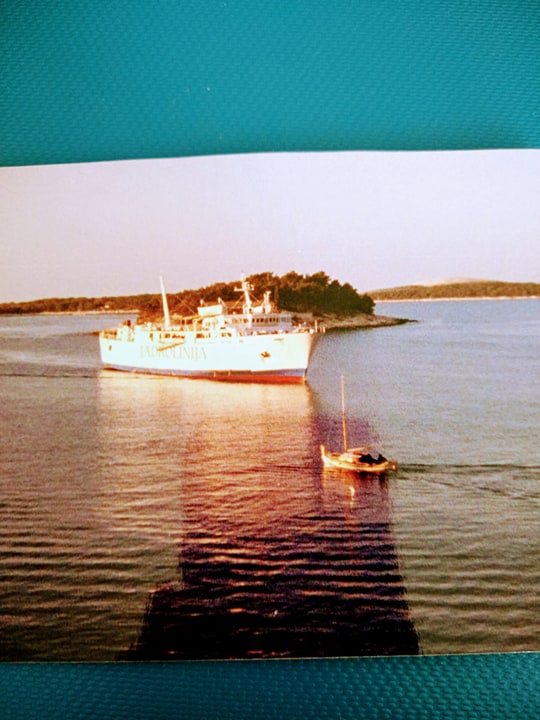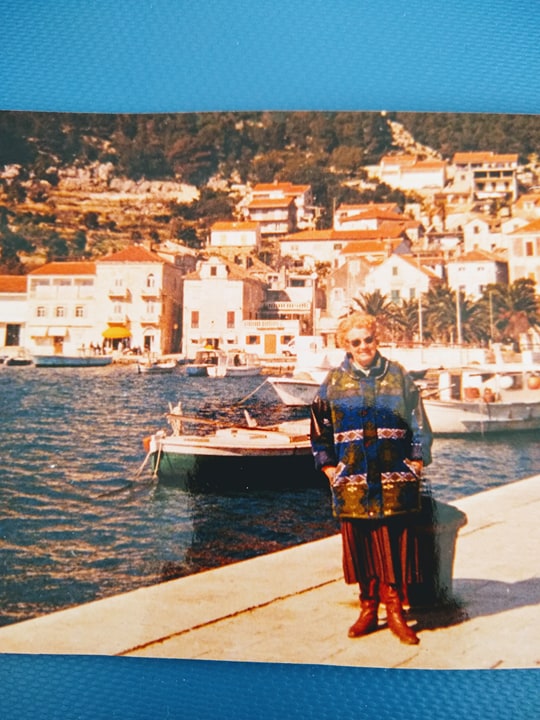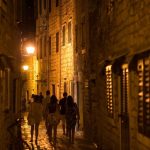March 28, 2020 – How do you restart tourism when it comes to a crashing halt? Former travel agent Martin Gannon, on how tourism from London to Croatia got going again after the Homeland War, and the experience and reception those first guests received.
One of the strangest things about this VERY period of world history is how dated things get so very quickly. Something that seemed like a new revelation yesterday already belongs to a previous era a day later. Three days ago I wrote an article called Hope v Reality: Will There Be a 2020 Tourist Season in Croatia? is order to share some insights with people making decisions on strategy for this tourist season. By the time the article appeared in Croatia on Index last night, it was already a little dated.
So with tourism coming to an abrupt halt, how will it get started again when all this madness is over? As I wrote yesterday, 25 years ago, the Jelsa hotels were full all year, but there were no tourists. There were used to house refugees from other parts of Croatia and Bosnia.
But what happened after the war, and how did tourism restart? I asked Martin Gannon, the original crazy Englishman who fell in love with Jelsa back in 1980, how his travel business got back on its feet after the war.
Here is his very heartwarming account, with some things to think about and take encouragement from, perhaps.
My travels to visit Croatia and Jelsa during and at the end of the Homeland War brought me to this incredible place that I had known since 1980. I had started work at the end of 1980 for Saga in Porec in Istria looking after slighty more senior guests in Hotels as a holiday rep, then moving on to being a coach tour guide to British and American guests covering the whole of Former Yugoslavia. I saw tourism then as a mass enterprise, low-value, lots of people, simple hotels and very little private input. I continued with different organistations ending up as a senior manager with Pilgrim Holidays owned by Yugoslav Airlines (JAT) and brought in business travel and smaller hotels for British tourists a more quality product. And it sold unbelievably well.
Then tourism stopped with the Homeland war and the majority of hotels along the coast were needed to house refugees.

(Martin Gannon with his father in Jelsa)
I was with the Croatian community in London, helping with Caritas, so was still in contact with people I used to work with. One Croatian who owned a travel agency found there was a lot of interest still in people wanting to get to Medjurgorje from the UK and Ireland. Croatia Airlines had just taken delivery of its first Airbus A319. This was chartered every Saturday from May until October flying from London Gatwick to Split. At first the majority of tickets sold were for pilgrimages, but slowly we began developing more bookings for holidaymakers. One of the first contracts was with a small private hotel in Trogir called Hotel Concorde.
Slowly more apartments small private hotels began to make themselves known, and we advertised them as best as we could with very limited resources.
One of the larger hotels I contracted was the Mina Hotel in Jelsa, which I was delighted to bring back into tourism to get work back into the village.
Unfortunately, the number of British tourists was still low, but the Italians and Germans were returning in greater numbers.

So what did these holidaymakers find when they came back? Pure Heaven, and I’m not exaggerating. Local people were delighted to see visitors again, from the friendly and kind help they would find in their apartments, from free wine, fruit and kind and caring advice, to a wonderful atmosphere of being appreciated. The amount of letters we received in the office from people who had been on holiday to Croatia saying it was the best holiday ever, was truly incredible.
In Jelsa the few restaurants that reopened served beautiful fresh fish literally caught in the bay. Fish was abundant as it had been subject to barely any fishing for years. Fresh vegetables grown in the owners’ gardens, as they had had to start growing their own food to survive.
Café bars and restaurants would not rush you through, if you only spent a few Kuna it did not matter, you were there at least as a customer. People had survived on barely nothing, so now even as a small amount of money appeared they were grateful for it, not greedy for it.
It is difficult to exactly put in words the atmosphere, it was one of pure happiness, of contentment, we had got through the difficult times now there was a future, look after the guests and they will return.
When the war came to Kosovo in 1998-9 the British tourists almost disappeared, and it was a real struggle to get them to come to Croatia. But again Croatians stayed strong. It was a frustration, but by treating the tourists who came in a kind and generous way they never forgot, and they told others of their experience and slowly the numbers began to increase.

(Martin Gannon’s mother on Hvar in the 1990s)
These visitors at this time, had true relaxing holidays, no enormous crowds, fresh local food, excellent wine, food in restaurants was homemade, not imported frozen fish.
I think now its an opportunity to reflect, and realise it’s far better to enjoy a little, rather than be overcrowded and stressed. Croatia is a stunningly beautiful place, I have travelled the world, and know no other place like it,.My heart leaps when I get back there, I feel rejuvenated, and the wonderful kindness and caring of my Croatian friends is truly moving.
I know this year will be very difficult, but if tourism can return in style and delivery like those years in the late 90s and early 2000s , so it can after corona, and it will reap the benefits, in more ways than one.
You can learn more about Martin Gannon’s tourism career from 1980 onwards in this lovely article on Eco Hvar.








